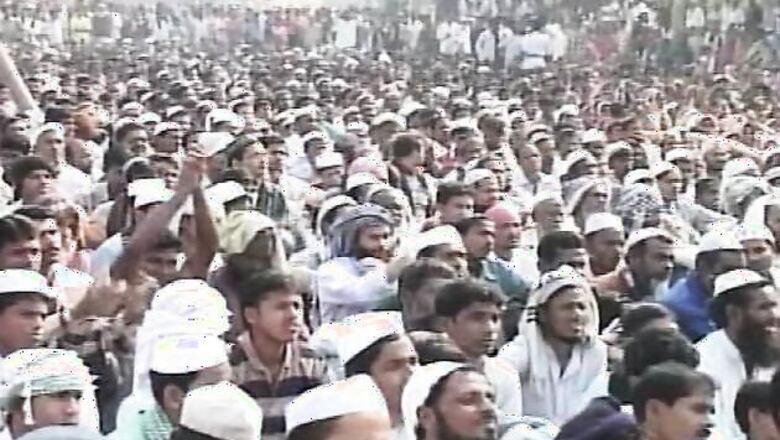
views
Lucknow: Muslims in Uttar Pradesh will play a deciding role in at least 113 seats in the forthcoming Assembly elections. No wonder, all parties except the BJP is putting their best foot forward in order to woo the community. Congress so far seems to be a clear favourite, especially after the party's recent promise of giving 4.5 per cent out of the 27 per cent reserved for the OBCs in the state.
Although the Election Commission has served a notice to Union Minister Salman Khurshid for the quota announcement, and his party, the Congress, has distanced itself from the controversy it created, the advantage that the Congress was aiming to get from such a promise seems to be in its favour.
BSP and SP are also leaving no stones unturned to get the Muslims towards them. SP chief Mulayam Singh Yadav, in order to trump the Congress quota card, has increased the figure to 18 per cent. He also calls the Congress promise of quota an eyewash and accuses the party of misleading the Muslims.
Meanwhile, sources in the Congress say that the party has decided to focus its attention on the 88 reserved constituencies in UP. According to calculations, if the party manages to get even 30 per cent of the Muslim vote, it can be the biggest winner in the crucial seven-stage polls.
The districts of Rampur, Moradabad, Bijnaur, Saharanpur, Bareilly, Muzaffarnagar, Meerut, Bahraich, Balrampur, Siddharth Nagar, Jyotiba Phule Nagar, Shravasti, Baghpat, Badayun, Ghaziabad, Lucknow, Bulandshahar and Pilibhit together have 113 seats where Muslim vote decides the winner. These districts have 20 to 49 per cent Muslim population.
Maulana Khalid Rasheed Firangi of the All India Muslim Personal Board doubts if the quota card will work with the Muslims, which, according to him, addresses the problems of only 25 per cent of the community in UP. He says the real issues of poverty, education and social backwardness are not being addresses by the mainstream political parties. He also says that if the marginal Muslim parties succeed in polarising votes, then the myth of the Muslim vote bank might also be broken in the coming polls.










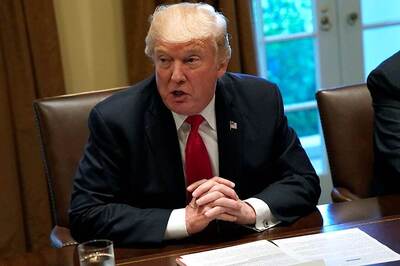
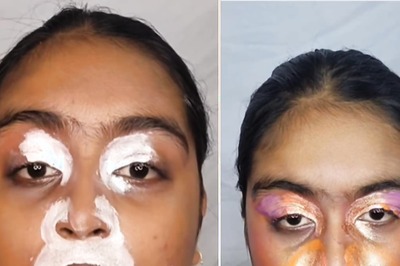
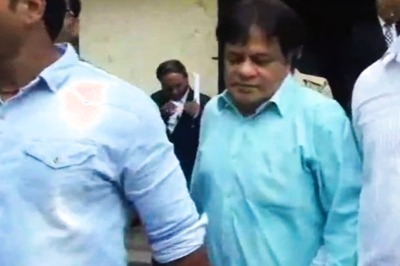





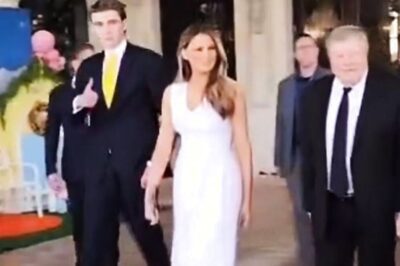

Comments
0 comment